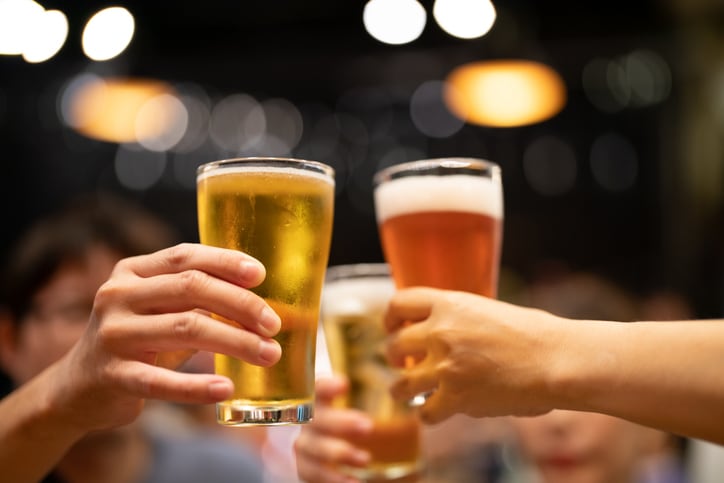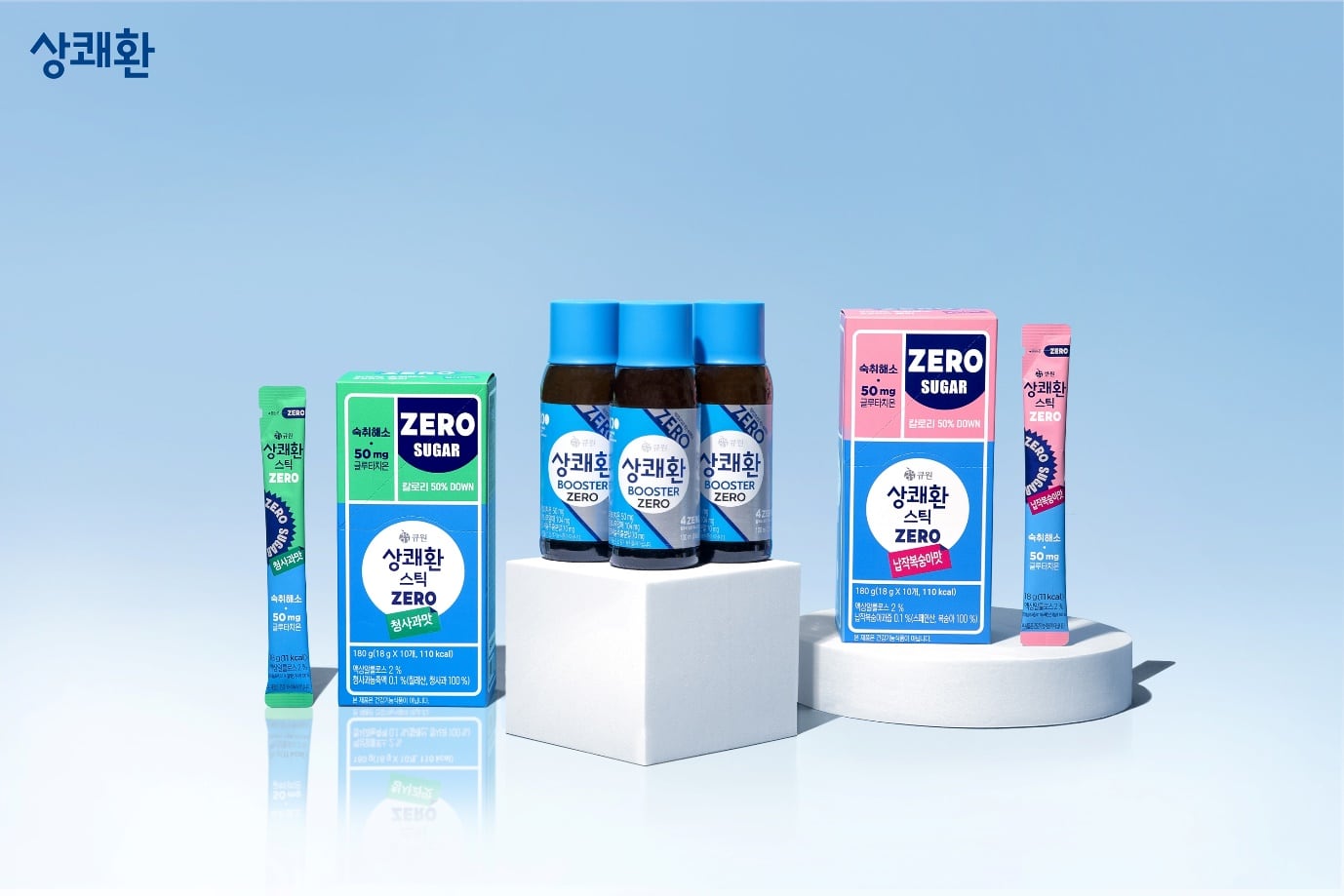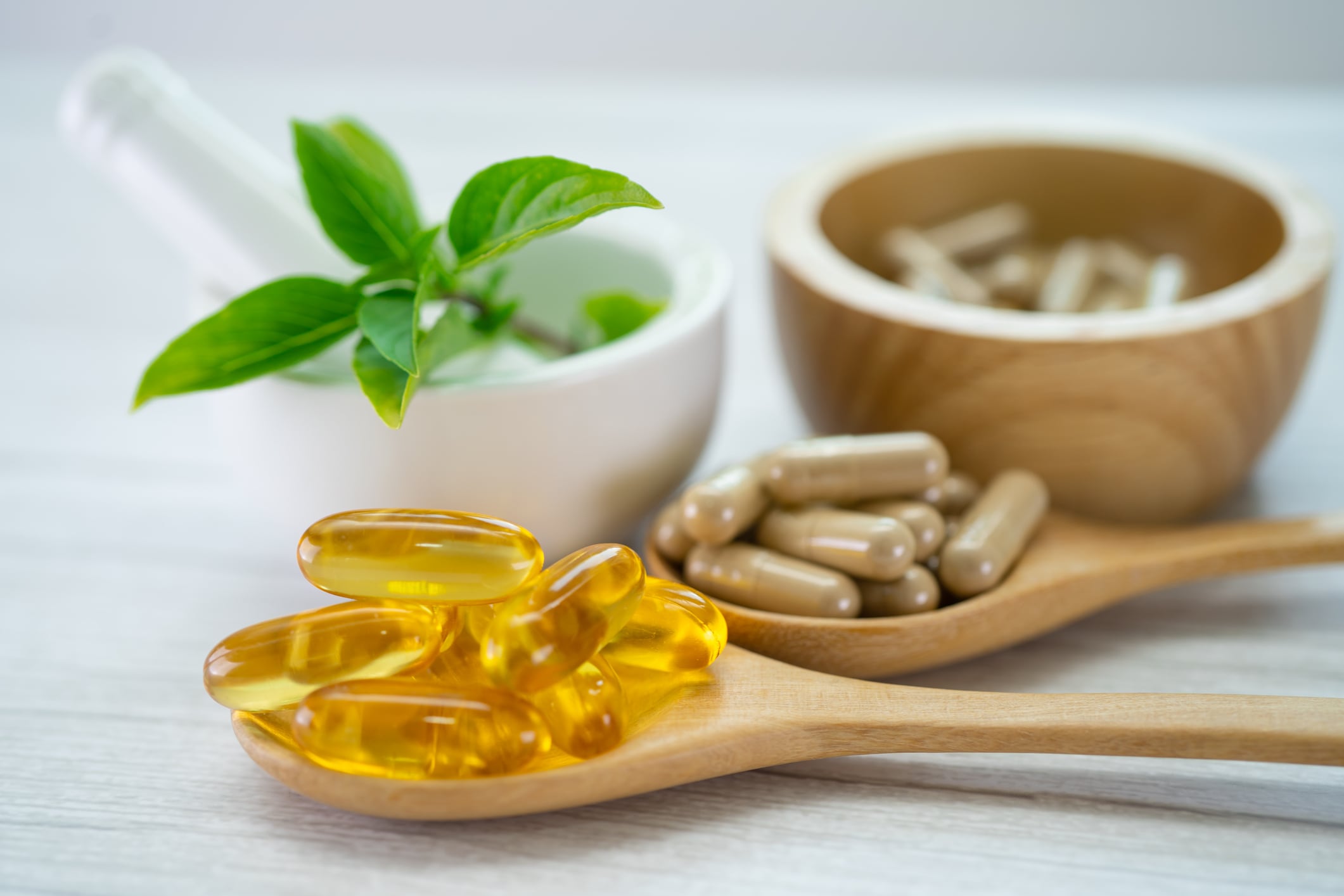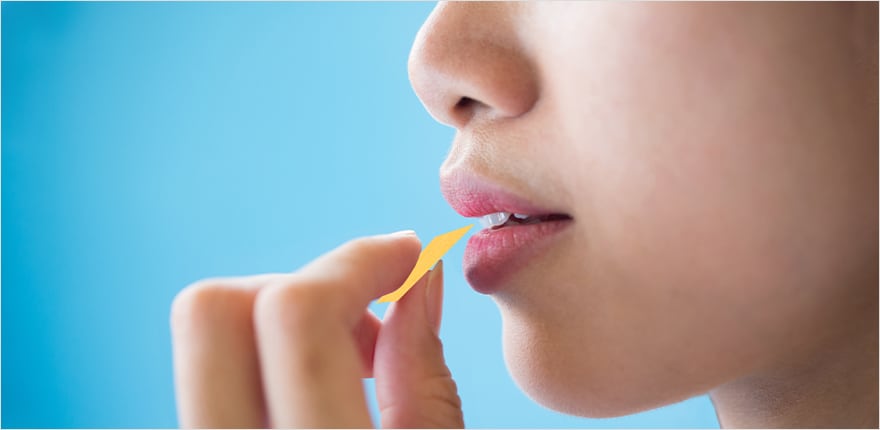The probiotic strain studied was Leuconostoc mesenteroides VITA-PB2. It is derived from soybean fermented with kimchi.
As compared to placebo, taking the probiotic has significantly reducing acetaldehyde levels an hour after alcohol consumption.
Acetaldehyde is a toxin generated during alcohol metabolism.
It has also increased aldehyde dehydrogenase (ALDH) activity significantly by 42.15% at the 30th minute.
This is crucial as aldehyde dehydrogenase is an enzyme group that converts the toxic acetaldehyde into acetate - a less toxic substance.
Findings of the study were published in the journal Nutrients.
Study methods
The study was conducted by researchers from Yonsei University, Essobiome Inc, and Vitabio Inc — which funded the study and provided the study materials.
A total of 32 healthy adults participated in the randomized, double-blind, placebo-controlled, crossover study which took place between September 2024 and February this year.
During the study, they were randomized to take three capsules containing the probiotic totalling to a dose of 1bn CFU or placebo at one go.
The probiotic or placebo capsules were taken only 30 minutes after a standardized meal.
Within 30 minutes of taking the probiotic or placebo, the participants then took a predetermined quantity — equivalent to 0.68 g/kg body weight — of the Korean alcoholic beverage soju, along with shrimp snacks.
The soju contains 20% alcohol by volume.
The study was repeated again after a seven-day washout period, with participants swapping the test materials that they were taken.
Primary outcomes of the study include measuring the blood concentrations of ethanol and acetaldehyde and ALDH enzymatic activity - which are indicators of alcohol metabolism.
These were measured at five different time points after alcohol consumption - namely at the baseline, 30th minute, first, second, and fourth hour.
To measure the above, venous blood samples were collected after alcohol consumption.
The participants’ blood serum concentrations of aspartate aminotransferase (AST), alanine aminotransferase (ALT), and gamma-glutamyl transferase (GGT) were also evaluated, as these are key biomarkers for evaluating liver or hepatic function and for identifying hepatocellular injury.
In addition, a survey of hangover severity and symptoms was also conducted using the Acute Hangover Scale (AHS) four hours post-alcohol consumption. The higher the score, the more severe the hangover symptoms.
Primary findings
Findings showed that an hour after alcohol consumption, the probiotic group had a significantly lower blood acetaldehyde concentrations as compared to the placebo group.
Specifically, the probiotic group’s mean acetaldehyde concentration was 3.42 ± 0.38 mg/dL, while that of the placebo group was 5.08 ± 1.56 mg/dL. This amounted to a difference of 32.68% and was a statistically significant difference.
The probiotic group’s mean acetaldehyde concentration remained lower than that of the placebo at the subsequent hours, however, it was not significantly lower.
“These findings suggest that VITA-PB2 supplementation may enhance acetaldehyde metabolism or attenuate its formation following ethanol exposure,” said researchers.
In addition, the probiotic group had a significantly higher mean ALDH activity as compared to the placebo group 30 minutes after alcohol drinking.
Specifically, the probiotic group’s mean ALDH activity was 6.08 ± 2.48 mU/mL - which was 42.15% higher than the placebo group’s 4.27 ± 2.40 mU/mL.
However, no significant differences were observed at other time points.
Still, the ALDH concentrations in the VITA-PB2 group remained consistently higher than those in the placebo group, said the researchers.
“This enhancement persisted across subsequent measurement intervals, indicating the sustained upregulation of ALDH activity.
“Importantly, temporal elevations in serum ALDH activity inversely correspond to reductions in circulating acetaldehyde concentrations, substantiating the mechanistic role of ALDH in accelerating acetaldehyde detoxification,” said the researchers.
On the other hand, no significant differences in blood ethanol concentrations were seen between the two groups throughout the study.
“Although intergroup differences in blood ethanol concentrations at discrete time intervals did not achieve statistical significance, the ethanol concentrations in the VITA-PB2 group remained lower than those in the placebo group from 0.5 h onward.
“These findings suggest that enhanced ethanol clearance, or a possible influence on ethanol bioavailability, is associated with VITA-PB2 supplementation.”
Lower Acute Hangover Scale
On top of the lower acetaldehyde concentration and higher ALDH activity, the probiotic group also showed a lower acute hangover score (AHS) as compared to the placebo.
In this case, the mean total AHS score in the probiotic group was 0.44 ± 0.37, representing a 59.63% reduction as compared to the placebo group’s mean score of 1.09 ± 1.18.
In particular, the probiotic group scored consistently lower in ‘hangovers, fatigue’, ‘headache’, ‘dizziness’, ‘gastrointestinal disturbances’, ‘nausea’, and ‘heart palpitations’.
“Importantly, a significant difference was observed for the symptom of ‘thirst’ (p= 0.048), with the placebo group reporting an 81.55% higher score than the VITA-PB2 group," said the researchers.
However, the overall difference between the two groups was not statistically significant.
“Although this difference was not statistically significant, this trend suggests that VITA-PB2 supplementation may alleviate the overall severity of hangovers,” said the researchers.
In addition, there were no statistically significant differences in any liver enzyme parameters between the placebo and probiotic groups at any time point.
Nevertheless, the findings add on to the existing understanding of VITA-PB2 on ethanol metabolism and hangover-related outcomes.
“In a previous study, VITA-PB2 exhibited superior characteristics among lactic acid bacterial candidates, including substantial alcohol tolerance, physiological stability, and enhanced metabolic capacity...
“Preliminary studies have suggested multiple mechanisms underlying the beneficial effects of L. mesenteroides on hangover relief, including the enhancement of hepatic–intestinal ADH and ALDH activities to facilitate ethanol and acetaldehyde clearance, the reinforcement of intestinal epithelial integrity to reduce alcohol-induced endotoxin-mediated inflammation, potent antioxidant activity to mitigate oxidative stress, and modulation of the gut–brain axis through interactions with GABAergic and serotonergic pathways to potentially ameliorate alcohol-induced neurobehavioral disturbances," said the researchers.
Source: Nutrients, 2025 ; doi: 10.3390/nu17142276, “Efficacy of Probiotic VITA-PB2 from Fermented Foods on Alcohol Consumption and Hangover Symptoms: A Randomized, Double-Blind, Placebo-Controlled Trial”, Authors: Mo et al.





